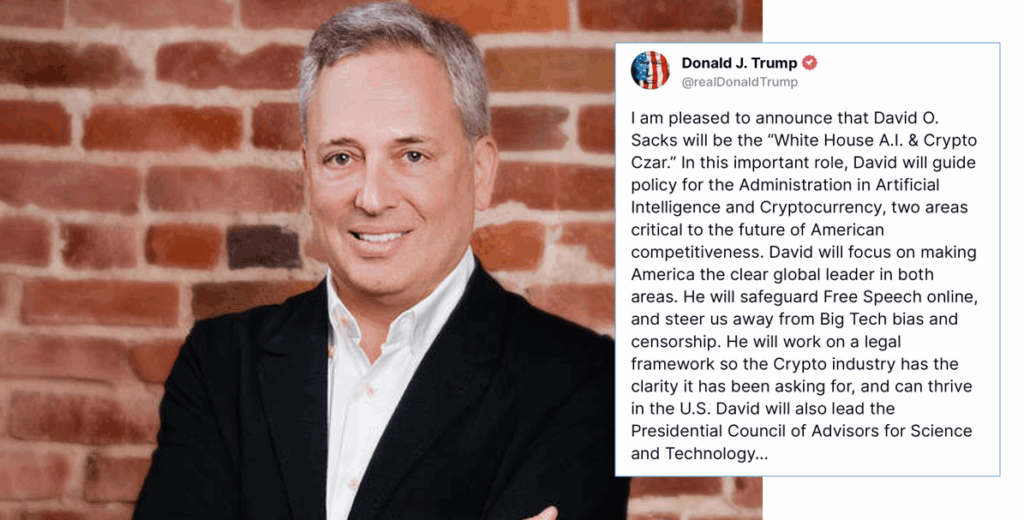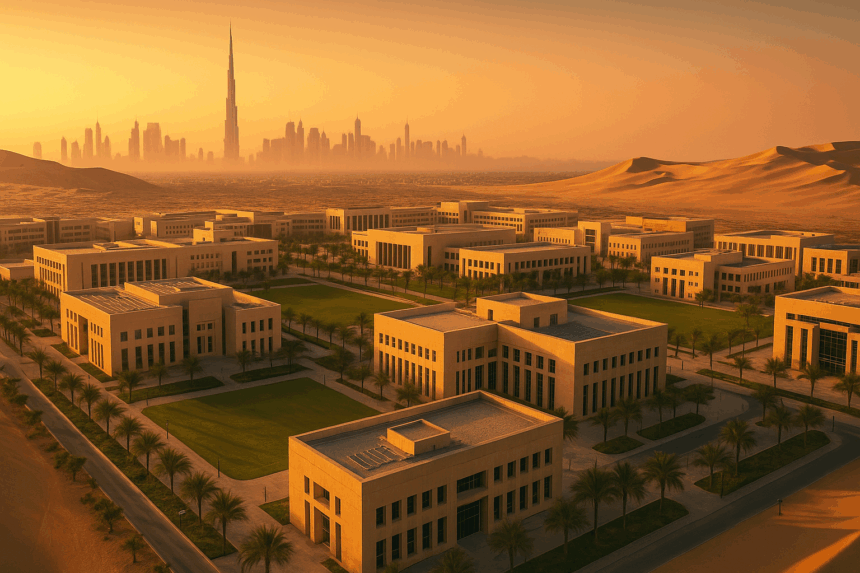Donald Trump’s visit to the Middle East has produced a massive AI agreement between the United States and the United Arab Emirates. Central to the deal is creating the largest artificial intelligence campus outside the U.S., set to rise in Abu Dhabi. According to the U.S. Commerce Department, backed by state firm G42, the 10-square-mile tech hub will house data centers powered with 5GW capacity and managed by U.S. companies.
What’s Happening & Why This Matters
The agreement could allow the UAE to import up to 500,000 Nvidia AI chips per year starting in 2025. The chips represent the latest in processing power and are capable of driving cutting-edge AI platforms. Executives like Jensen Huang of Nvidia and Sam Altman of OpenAI support the project, seeing it as a way to broaden their tech footprint.
The White House says the deal includes historic commitments from the UAE to align its national security policies with the United States. These commitments include tighter restrictions to prevent diversion of U.S. tech to rival nations, particularly China. This reflects a new strategic balance, as the UAE tries to deepen its ties with the U.S. while managing its economic relationship with China.
A New AI Strategy
Trump’s AI czar, David Sacks, criticized the previous administration’s export restrictions, calling them inappropriate for strategic partners like the UAE. Under Trump, the policies have loosened. The administration now allows trusted Gulf partners to access U.S. technology under certain conditions.
American-managed data centers will operate within the UAE’s AI zone, bringing cloud services to the region. Companies like Qualcomm and Amazon Web Services are also involved. Qualcomm is launching an AI engineering center, while AWS is working on cybersecurity and expanding cloud adoption.
This deal is part of the UAE’s larger AI play. The country has poured billions into becoming a global AI power. It’s already invested in U.S. firms, including OpenAI, xAI, and secured a $1.5 billion investment from Microsoft.

The UAE’s delicate balancing act between China and the U.S. involves purging Chinese hardware and assets, especially in G42. On the other hand, Chinese tech giants like Huawei and Alibaba Cloud remain active in the region. Reports have also surfaced of AI chip smuggling to China through the UAE and Southeast Asia, adding tension to the partnership.
Despite these concerns, the new Trump-backed policy positions the UAE as a trusted AI ally. Access to advanced compute power and cloud infrastructure — once restricted — now becomes the foundation for a Middle East AI mega-campus.
TF Summary: What’s Next
Trump’s deal with the UAE marks a realignment in global AI power partnerships. The United States is choosing to deepen its technological cooperation with the Gulf state while trying to contain China’s indirect access to critical hardware. With G42 managing construction, U.S. firms handling operations, and billions in chip technology on the line, the UAE may soon become the global hub for American-led AI outside U.S. borders.
— Text-to-Speech (TTS) provided by gspeech


